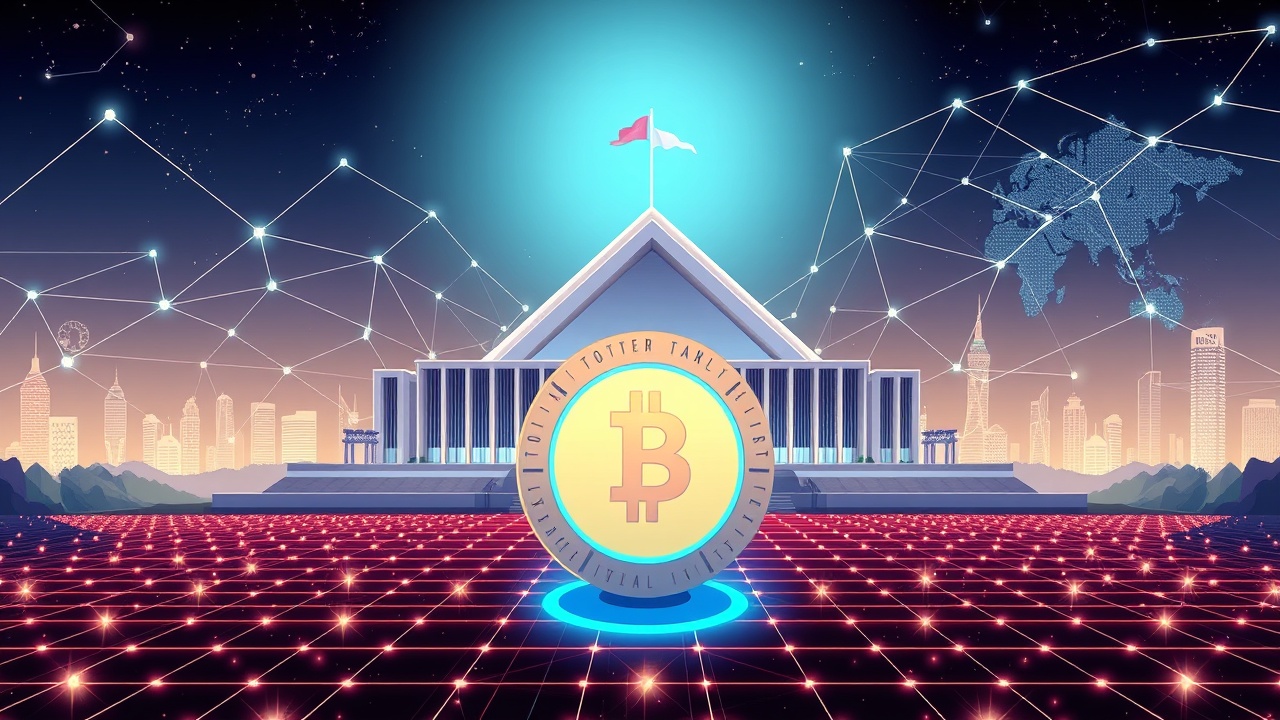Significant Developments in South Korean Financial Legislation
In an encouraging development for the South Korean financial landscape, the nation’s legislative body is on the verge of passing a significant bill concerning tokenized securities. This legislation aims to empower local businesses to create blockchain-based tokens associated with tangible assets such as real estate, commodities, livestock, and intellectual property rights.
Legislative Proposals Under Review
Reports from Yonhap, a prominent South Korean news agency, indicate that two distinct proposals aimed at formalizing tokenized securities are currently under review by the Political Affairs Committee of the National Assembly. These proposals, introduced by lawmakers Min Byeong-deok and Kim Jae-seop, emerge at a crucial time as the National Assembly has faced stagnation since December of the previous year, largely due to political upheaval resulting from former President Yoon Seok-yeol‘s failed attempts to implement martial law.
A Turning Point in Legislation
However, the recent inauguration of President Lee Jae-myung from the Democratic Party is seen as a turning point that may break the legislative deadlock. With the Democratic Party holding a commanding majority, influential party figures have been advocating for the legalization of security token offerings (STOs), which would effectively lift a longstanding comprehensive ban on all public blockchain token issuances – a restriction that has been in place since the late 2010s.
Industry Optimism and Legislative Progress
Expectations surrounding the swift progression of STO regulations have risen significantly. Previous sessions of Parliament nearly advanced these bills but were ultimately thwarted by external challenges, including the parliamentary standstill. Stakeholders in the industry believe the situation has evolved positively, heightening optimism about legislative progress on this front.
Numerous South Korean enterprises, particularly in the financial, telecom, and tech sectors, have been poised to introduce offerings related to tokenized securities while awaiting regulatory clarity. Although former President Yoon had aimed to secure STO approval, he missed his opportunity to do so. In contrast, domestic firms are hopeful that President Lee’s administration will not repeat this oversight.
Growing Consensus Among Lawmakers
There appears to be a growing consensus among lawmakers regarding the urgent need to legalize STOs, with major securities companies urging the government to expedite the process. Advocates suggest that integrating STOs into the financial ecosystem would enhance investment options for the public, with potential micro-investments starting at 10,000 won (approximately $7.39) in high-value assets like real estate or artwork.
Challenges Ahead
Despite the promising indications for the approval of the bills, the National Assembly’s operations remain affected by ongoing controversies linked to former President Yoon, particularly concerning allegations against his wife, Kim Keon-hee. These accusations involve fraud, market manipulation, and corruption, generating significant political rifts involving the opposition party, which contests the Democratic Party’s push for special prosecution laws.
Future of Digital Currency in South Korea
Additionally, President Lee has pledged to introduce a KRW-pegged stablecoin, asserting that such a digital currency could position South Korea competitively in the global stablecoin market as the election date approaches.




